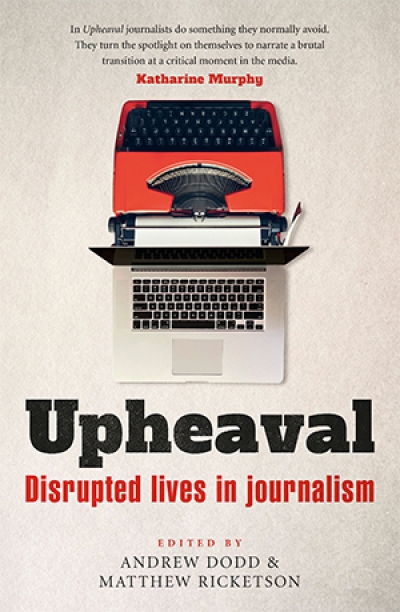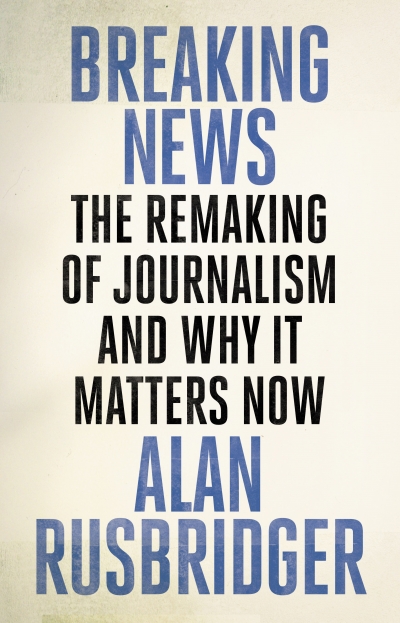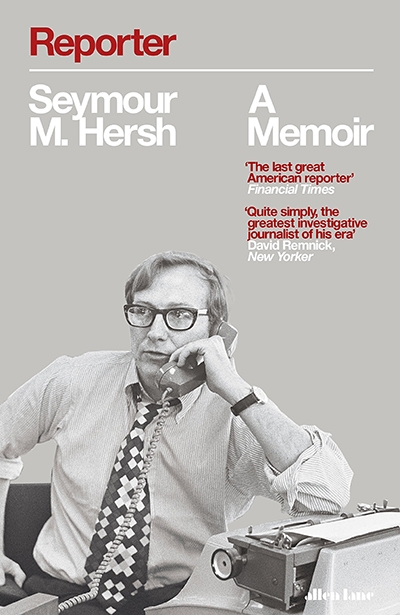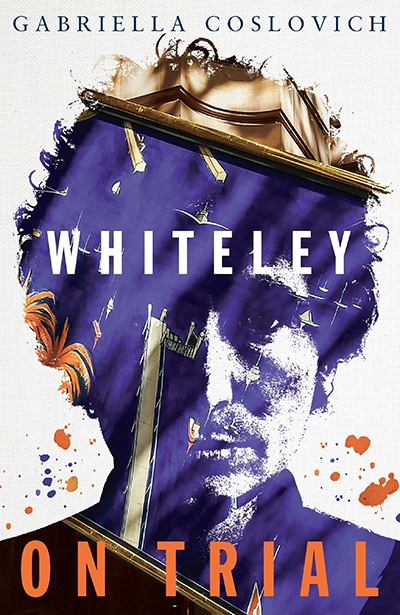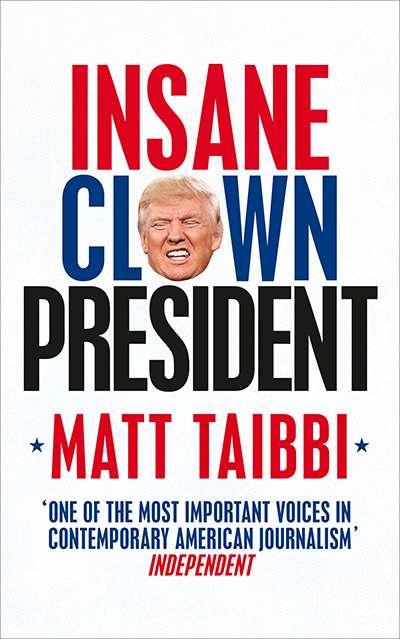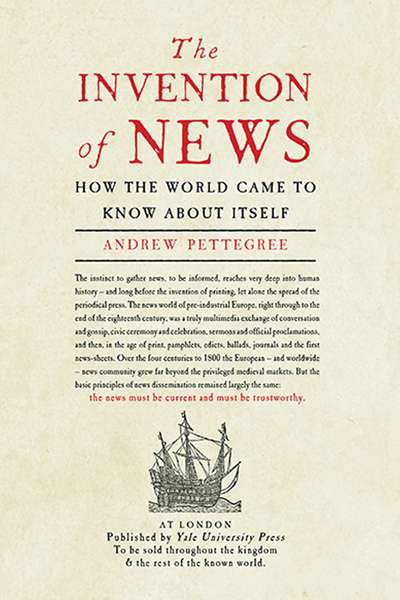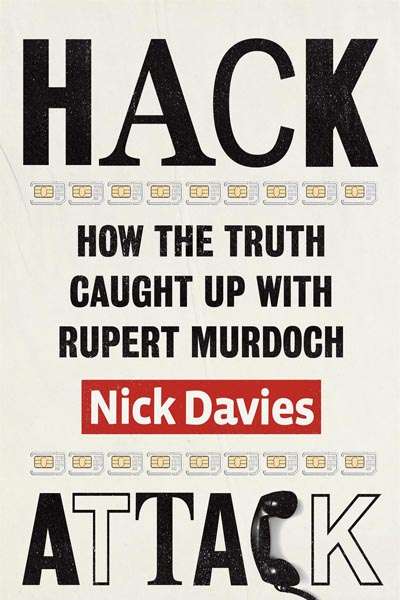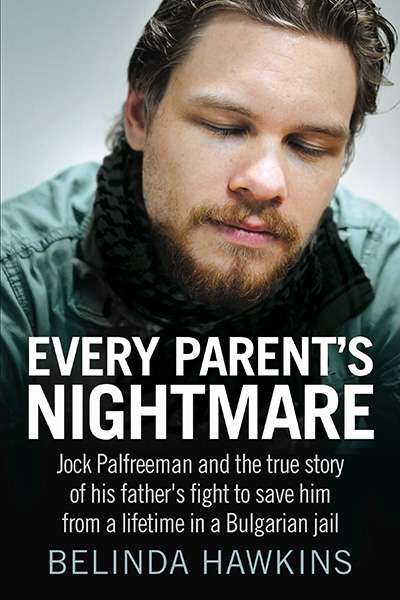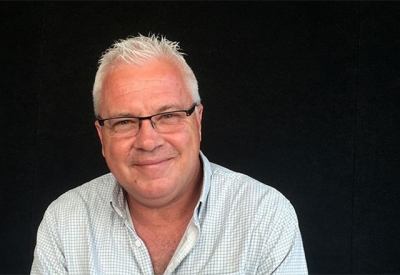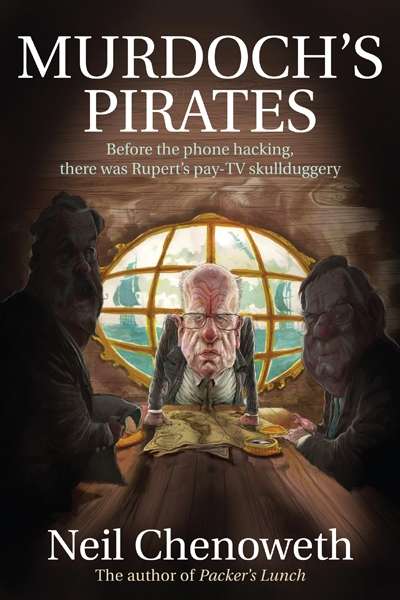Journalism
Upheaval: Disrupted lives in journalism edited by Andrew Dodd and Matthew Ricketson
by Gemma Nisbet •
Breaking News: The remaking of journalism and why it matters now by Alan Rusbridger
by Jane Cadzow •
Insane Clown President by Matt Taibbi & How The Hell Did This Happen? by by P.J. O’Rourke
by James McNamara •
The Invention of News: How the world came to know about itself by Andrew Pettegree
by Peter Acton •
Hack Attack by Nick Davies & Beyond Contempt by Peter Jukes
by Rodney Tiffen •
Every Parent’s Nightmare: Jock Palfreeman and the True Story of His Father’s Fight to Save Him from a Lifetime in a Bulgarian Jail by Belinda Hawkins
by Daniel Herborn •
My middle-aged dreams are somehow linked to the assorted day-to-day anxieties that come with the territory. When I was young, I had a recurring dream in which a man dressed in black and wearing a fedora stepped out of the cupboard at the end of the bed and stood over me. Years later a psychic told me it was my grandfather, signwriter and poet George Baker, who died when I was eight months old.
... (read more)
